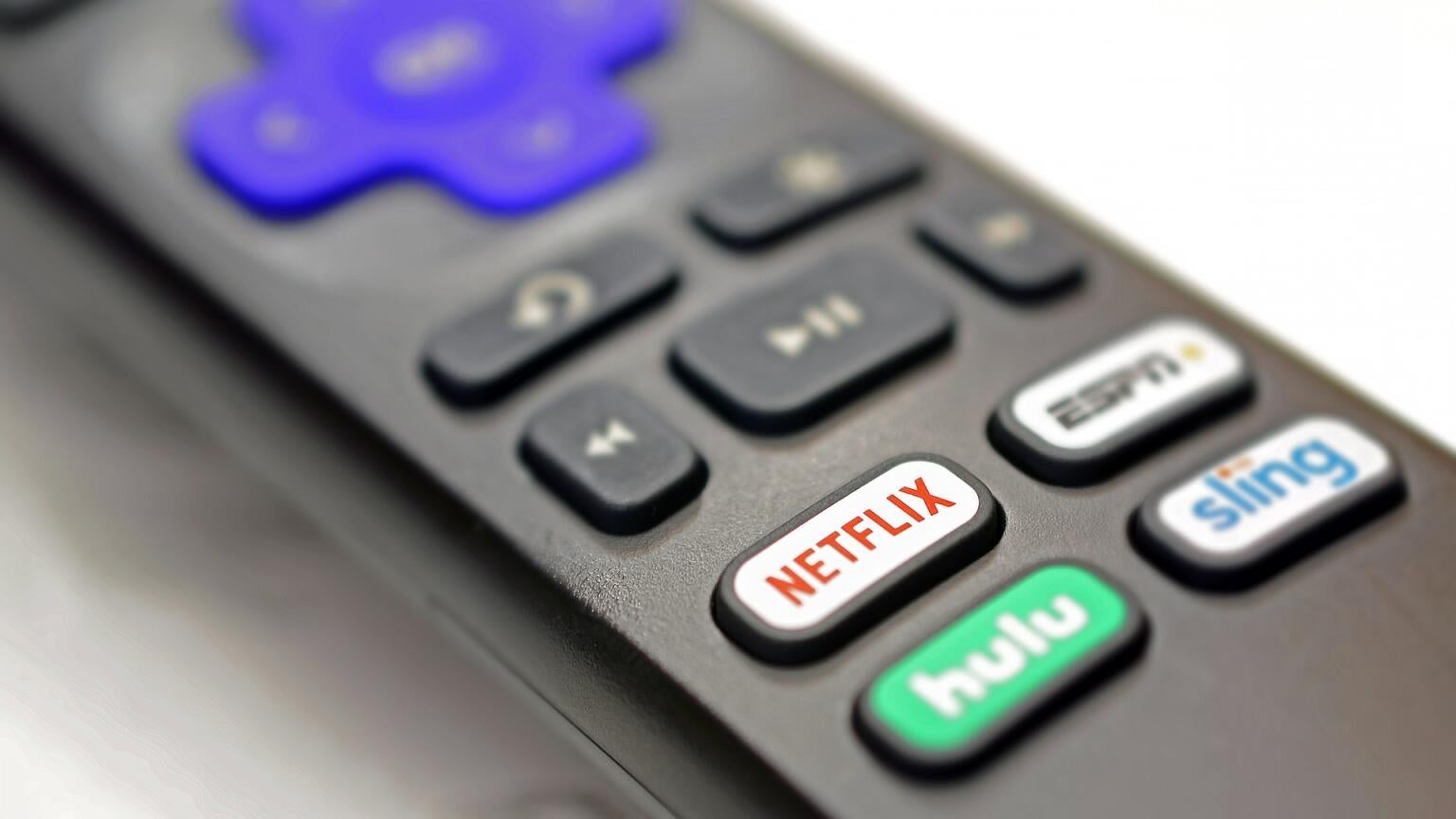
No one likes the thought of paying more for streaming services. That may be coming in the future, though, as Netflix finds itself under fire from cities suing for lost revenue. If these efforts prove successful, more lawsuits may fly and streaming prices may go up as well.
The latest trouble comes as multiple cities are filing suit against Netflix and services like Hulu and Disney+ over pretty much the entire concept of cord-cutting. Essentially, cities allow cable services to set up shop in an area, which gives them a de facto monopoly over the region. The cable companies then expect, right or wrong, to be pretty much the only game in town when it comes to entertainment beyond the level of free broadcast.
Since municipalities often charged cable providers for access to public right-of-way property and other infrastructure, and charged based on a percentage of gross receipts, the loss of cable subscribers means a loss of subscription revenue, and in turn, a loss of revenue back to the city.
Several cities have taken the fight to the streaming video operations. In Texas, Plano, Frisco and even Dallas have turned lawsuits on streaming video services. Similar lawsuits have cropped up in Louisiana, Kansas, and New Jersey.
One lawsuit from Missouri may serve as the linchpin precedent to any future action. Potentially a “first-of-its-kind” ruling, the ruling came about as streamers looked to have such cases dismissed more rapidly. In the case, Netflix, Hulu and DirecTV attempted to duck the tax charges under the terms of the Internet Tax Freedom Act, a law from 1998 designed to prevent taxes that “specifically targeted electronic commerce.” The Missouri ruling from Judge Ellen Ribaudo found that Missouri’s tax law here was sufficiently “…technologically neutral,” and that it “…does not specifically target electronic companies just video service providers who use the public right-of-way.”
A conflict between federal and state and local laws makes things particularly complex here as well. Back in 1998, Congress established a temporary moratorium on charging state and local taxes on internet access, or similar services like e-mail. That moratorium was made permanent in 2016. In the interest of maintaining their cash flow, state and local governments considered other options.
Chicago, for example, established a nine percent tax on streaming services. This was called an “amusement tax” and covered all streaming including music and gaming. Meanwhile, roughly half the states in the union have so far established taxes on streaming services, usually filed under “sales taxes”.
This leaves streaming services in a bad position. If there’s a new tax on streaming assessed by local operations, will the costs that tax represents be subsequently passed on to consumers? What happens when the taxes are at different levels based on location; a nine percent tax in Chicago is one thing, but what if Schaumburg and Aurora only tax at five percent? Will we have streaming services available in some cities but not others?
What of the still-there digital divide between rural and urban areas? As services like 4G LTE home internet and wildly improved satellite access like Elon Musk’s Starlink come online, rural areas will prove much less likely to charge taxes on streaming of any sort. Already cable providers ignore rural areas; the costs of running cable are too great and the population density too low to ever see return. Will streaming become the province of the countryside? Will we see a future in which Comcast serves the cities and Disney+ the country?
The chances of cities halting their lawsuits is minuscule, so we’ll see how this all breaks down eventually. We may not see much change beyond some slightly hiked prices to cover the costs of new taxes. We may see a complete bifurcation of services into the city and the country. Either way, brace your wallet; more hikes are likely to come one way or another.